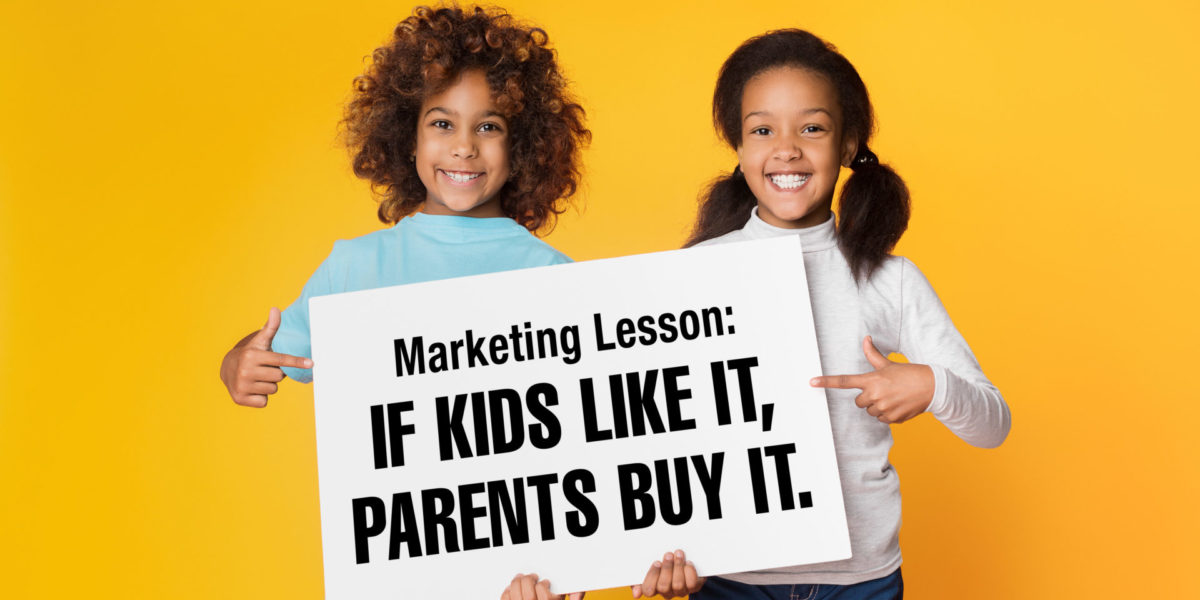There are always situations when creativity isn’t needed to sell something. Maybe you own the only gas station on a 100-mile stretch of desert between Las Vegas and L.A. Perhaps you’re selling beachfront property in Florida after Brad Pitt moves in next door. Or maybe you decide to dump your Super Bowl tickets after you learn the game has been sold out for months.
When there is no competition, when you have the only one left, when the market unexpectedly increases exponentially — you don’t need creativity. All you need to do is stick a “For Sale” sign on it and collect your money. When there is demand and scarcity, there is no need for creativity.
So, in this age of digital campaigns and Artificial Intelligence, is creativity still important in marketing? Or has it been replaced by effectivity?
Effectivity, or marketing effectiveness, is defined by Wiki as “The measure of how effective a given marketer’s go-to market strategy is toward meeting the goal of maximizing their spending to achieve positive results in both the short- and long-term. It is also related to marketing ROI and return on marketing investment (ROMI).”
Some small business owners now believe they can successfully market their product or service just by creating a general “For Sale” digital ad and then adjusting the location, timing and frequency. They have small budgets, and digital marketing looks like a cheap solution. But they are almost always disappointed in the results their campaigns generate.
Still, how important is creativity today? Those big and beautiful TV spots and multi-page magazine spreads are as scarce as, well — magazines. But many top experts say creativity is still a vital component of marketing.
Rajib Gupta, Creative Director, Isobar, as quoted on TheDrum.com says:
Creativity in marketing has moved beyond just telling a story. It is more about letting people experience something and then talk about it. It’s no longer about delivering a message but sparking a conversation — all the more reason why creativity is more important than ever in marketing… It is needed more than ever to create brilliant customer experiences that keep up with the rapid changes happening in consumer behavior, technology and media.
Even the smallest digital ad needs creative thinking and creative strategy behind it if the advertiser is going to experience long-term success. A digital ad alone cannot create desire. Desire is an emotion. And emotion is often the strongest force in a sale.
Jason Bagley, Executive Creative Director of Wieden+Kennedy, Portland says,
Buying a product or service from a brand that you actually need is completely logical. But getting people to love a brand and buy something they don’t need is not logical, and it’s hard.
One of the key advantages of digital marketing is more accurate targeting. We should use that advantage, but not be fooled into thinking better targeting reduces the need for creativity. As consumers flip from one streaming source to another, we have to provide an interesting and engaging experience — so they stay long enough to notice and connect our selling message. That takes creativity.
Iva Filipovic, writing in Digital Reflections says:
As messages become better-targeted at higher volumes, it becomes substantial to accomplish a balance between technology-driven targeting and creativity. In other words, marketers should provide real value to customers in the form of a highly personalized ad that is both relevant and creative. As targeting becomes more sophisticated, consumers expect the messages they receive to be personalized.
Bottom line — unless you have the only gas station in a 100-mile stretch of desert, creativity is still the key element to making your marketing effective.













Comment